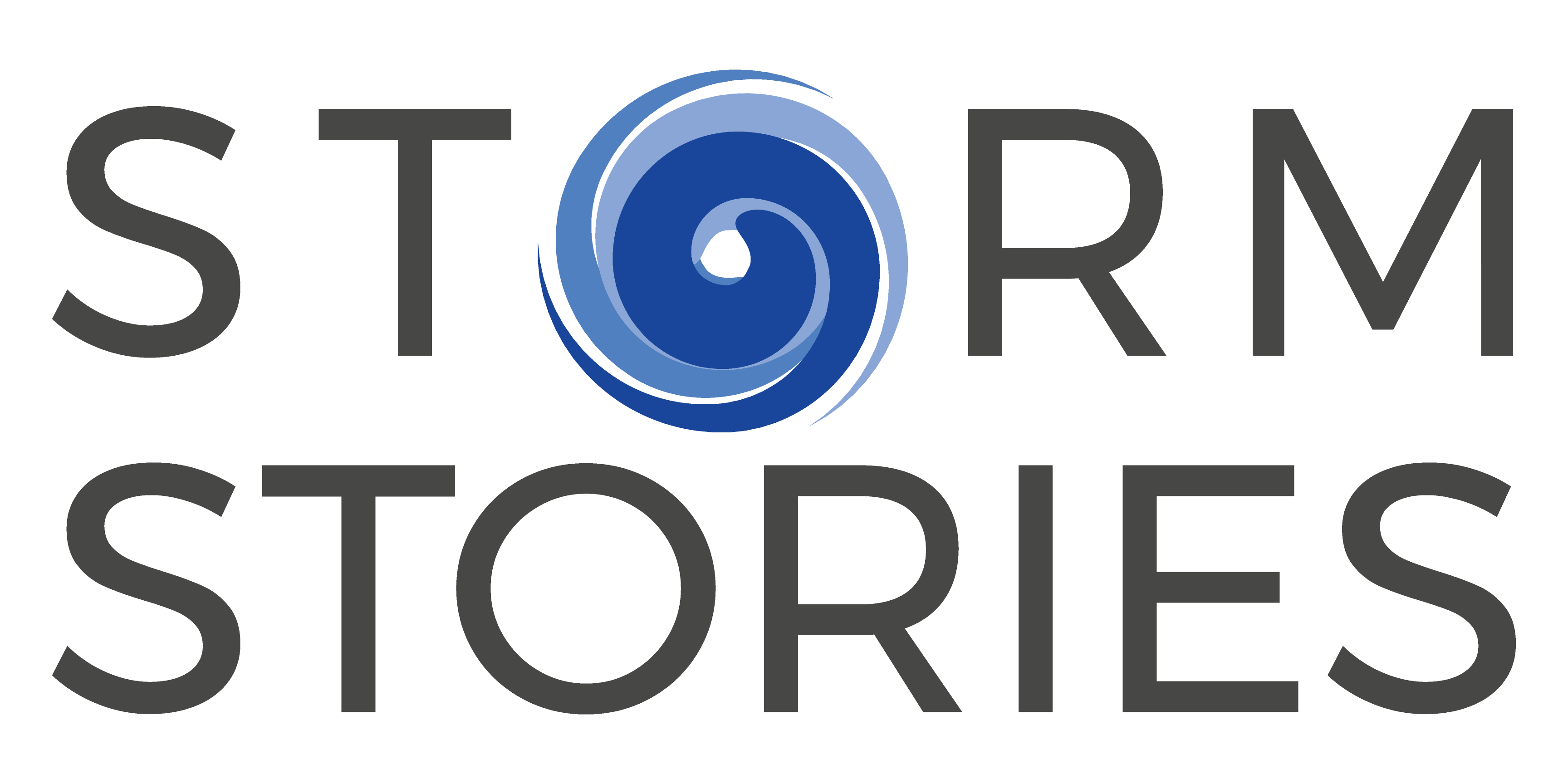The System Wide Monitoring Program (SWMP) was implemented by the National Estuarine Research Reserve System (NERRS) in 1995 to provide continuous monitoring data at over 140 continuous monitoring stations in 30 estuaries across the United States. SWMPrStorm (pronounced “swamper storm”) is an R package that provides functions to organize and analyze SWMP data on a storm event basis. It is a companion package to SWMPr and SWMPrExtension. Currently, there is no citation for SWMPrStorm
You can install the development version from GitHub with:
# install.packages("devtools")
devtools::install_github("LimnoTech/SWMPrStorm")SWMPrStorm adds several functions to existing concepts in SWMPr and builds upon the “Reporting” concept introduced in SWMPrExtension.
This package and its functions rely heavily on the workspace structure that is available in the StormStories organization: https://github.com/StormStories/SWMPr_Storm_Story_Template
The core analyses available within the SWMprStorm R package and used to create the StormStories report fall into two general categories: timeseries plots, summary tables, and wind roses. There is also an additional category called “mapping” which contains functions that generate the storm track map. The analyses, methods, and map in this section were selected by and approved by a technical advisory committee composed of staff from a subset of the Southeast Atlantic and Caribbean NERRs.
Quick Guides are available in the 'doc' directory of the workspace template: https://github.com/StormStories/SWMPr_Storm_Story_Template
The reporting concept refers to functions that were specifically developed for use with NERRS StormStories reporting scripts that are used to generate the StormStories report. They are included as part of this package in case users find them useful for their own purposes.

